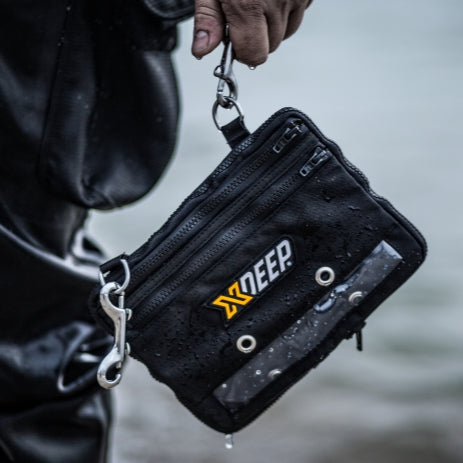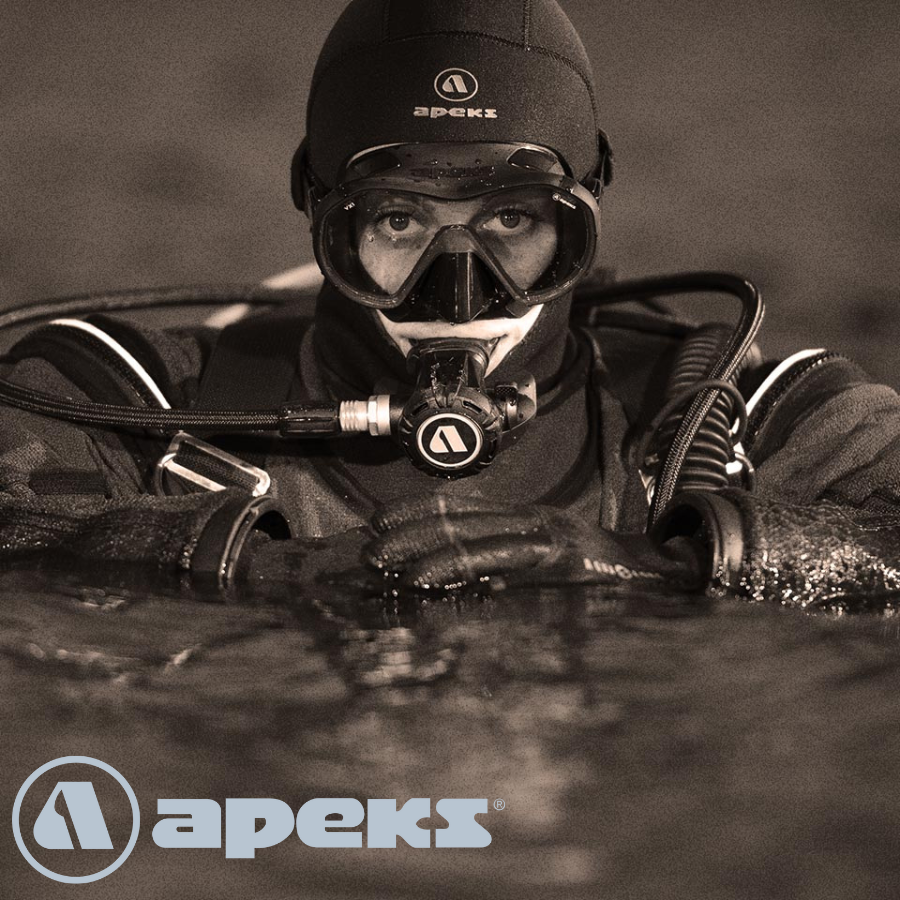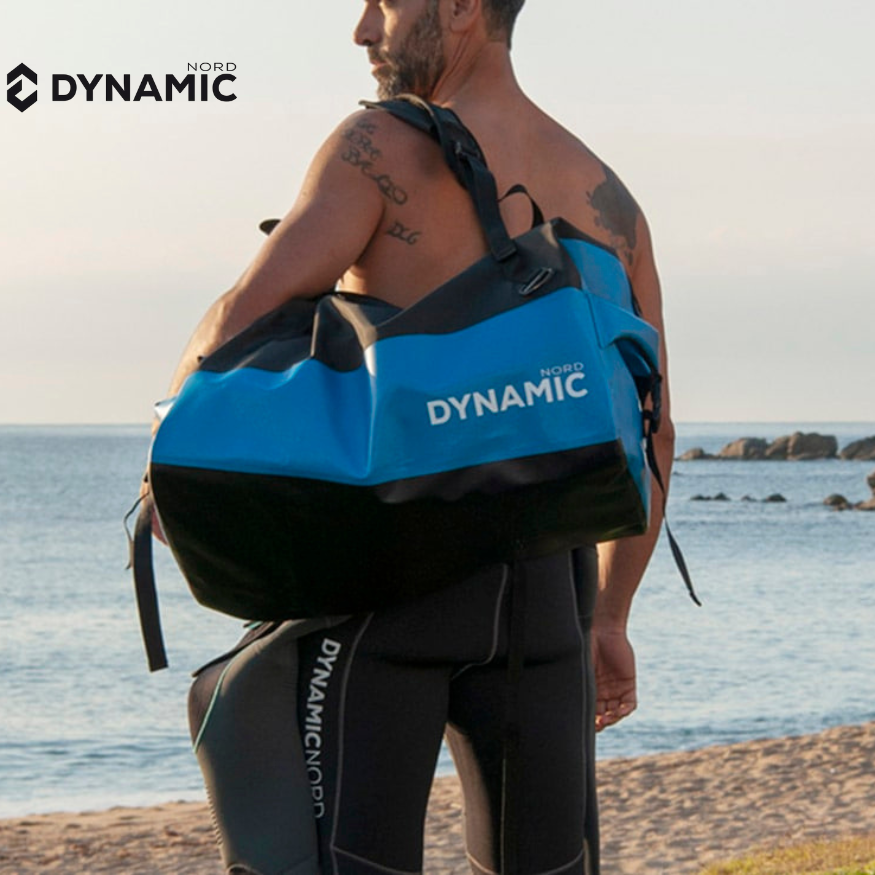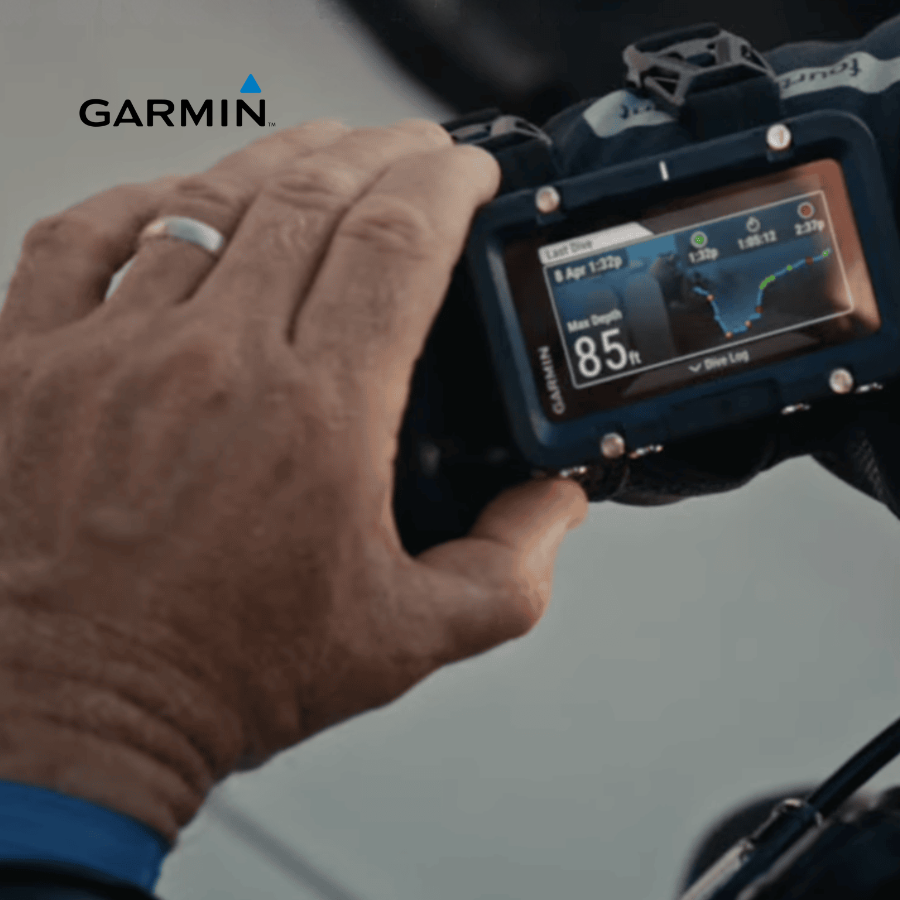Diving enthusiasts know that well-maintained diving equipment is essential for safe and enjoyable underwater adventures. Proper care and attention not only extend the lifespan of your scuba diving gear but also ensure that every dive is as safe and seamless as possible. In this guide, we’ll cover the best tips and tricks for maintaining your diving equipment and keeping it in top condition.
Why Proper Maintenance of Diving Equipment is Essential

- Diving gear is a significant investment, and its performance directly affects your safety. Regular maintenance:
- Enhances Safety: Reduces the risk of malfunction during dives.
- Improves Longevity: Extends the usable life of your equipment.
- Saves Money: Minimizes costly repairs and replacements.
- Improves Performance: Ensures reliable performance on every dive.
- By following a consistent care routine, you can enjoy your scuba diving adventures worry-free.
Pre-Dive Equipment Check
Before heading out, a pre-dive check ensures your scuba diving gear is functioning properly. Here's what to do:
- Inspect the Regulator: Check for any visible damage to hoses or connectors. Test the airflow.
- Verify the BCD (Buoyancy Control Device): Inflate and deflate the BCD to confirm it’s operational and leak-free.
- Test Dive Computers and Gauges: Ensure all electronics are calibrated and fully charged.
- Examine Your Wetsuit or Drysuit: Look for tears, holes, or damaged zippers.
- Inspect Fins and Masks: Make sure there are no cracks, and the straps are secure.
Post-Dive Care: Protecting Your Scuba Diving Gear
After each dive, proper care prevents salt, sand, and other contaminants from damaging your equipment.
1. Rinse with Freshwater
Saltwater and chlorine can degrade your diving equipment over time. After every dive, rinse your gear thoroughly with freshwater to remove salt, sand, and debris.
Pay special attention to:
- Regulators and hoses.
- BCD valves and straps.
- Dive masks, snorkels, and fins.
2. Dry Completely
- Drying gear is crucial to prevent mold and mildew. Follow these steps:
- Hang wetsuits and BCDs in a shaded area with good ventilation.
- Avoid direct sunlight, which can weaken rubber and silicone components.
- Ensure small parts, like dive masks, are completely dry before storage.
3. Clean Your Regulator
The regulator is one of the most vital pieces of scuba diving equipment. After rinsing, soak it in warm freshwater for 10–15 minutes to flush out salt crystals. Never press the purge button during rinsing, as this can force water into the first stage.
Long-Term Maintenance Tips

1. Regular Servicing
Schedule professional servicing at least once a year for critical equipment like regulators and BCDs. A certified technician can identify issues you might miss and replace worn-out parts.2. Proper Storage
Store your scuba diving gear in a cool, dry place away from direct sunlight. Avoid placing heavy items on top of delicate components like regulators or masks. Invest in a dedicated gear bag for added protection.3. Inspect for Wear and Tear
Regularly check for signs of wear, including frayed straps, loose screws, or rust. Replace damaged items immediately to prevent equipment failure during a dive.4. Maintain Dive Computers
Dive computers are essential for tracking depth, time, and decompression limits.To ensure accuracy:
- Update firmware regularly.
- Replace batteries before they die.
- Store the computer in a protective case.
Specialized Care for Diving Equipment

Wetsuits and Drysuits
- Wetsuits: Wash with wetsuit shampoo to remove odors and bacteria. Hang them inside out to dry before flipping them.
- Drysuits: Follow manufacturer guidelines for cleaning and inspect seals for cracks. Use silicone-based lubricant for zippers.
Dive Masks
Rinse with fresh water and avoid abrasive cleaners. To prevent fogging, apply an anti-fog solution before dives.
Fins and Snorkels
Store fins flat to avoid warping, and rinse snorkels to clear out sand or debris.
Finding Quality Diving Gear in Dubai
For divers in Dubai, finding a reliable scuba diving shop is crucial for quality equipment and expert advice. Whether you're a beginner or a seasoned diver, look for shops that offer:- A wide selection of scuba diving gear and accessories.
- Professional servicing and maintenance support.
- Guidance on the best products for your needs.
Tips for Extending Equipment Lifespan
Avoid Harsh Chemicals: Use mild soaps for cleaning instead of harsh detergents.
Keep Spare Parts: Carry extra O-rings, mask straps, and fin straps during dives.
Transport with Care: Use padded gear bags to prevent damage during travel.
Common Mistakes to Avoid
Skipping Rinses: Failing to rinse your gear leads to corrosion and wear.
Improper Storage: Folding or cramming equipment into small spaces can cause permanent damage.
Neglecting Servicing: Delaying annual checks increases the risk of equipment failure.
Investing in Reliable Scuba Diving Equipment
Quality equipment is the cornerstone of a safe and enjoyable diving experience. When shopping for diving gear, prioritize trusted brands and certified scuba diving shops in Dubai. Ensure your purchases come with warranties and after-sales support.
When to Replace Your Scuba Diving Gear
Knowing when to replace equipment is key to maintaining safety. Look for these signs:
Regulators: Reduced airflow or visible wear.
Wetsuits: Persistent tears or loss of elasticity.
Dive Computers: Malfunctions or outdated technology.
BCDs: Air leaks or difficulty inflating/deflating.
Conclusion:
Maintaining your diving equipment is not just about protecting your investment—it’s about ensuring your safety and enhancing your underwater adventures. With proper care, regular servicing, and mindful usage, your scuba diving gear can provide years of reliable performance. For divers in Dubai, visiting a trusted scuba diving shop ensures access to quality products and professional guidance.By following these tips and tricks, you can dive confidently, knowing your equipment is ready to perform at its best.








